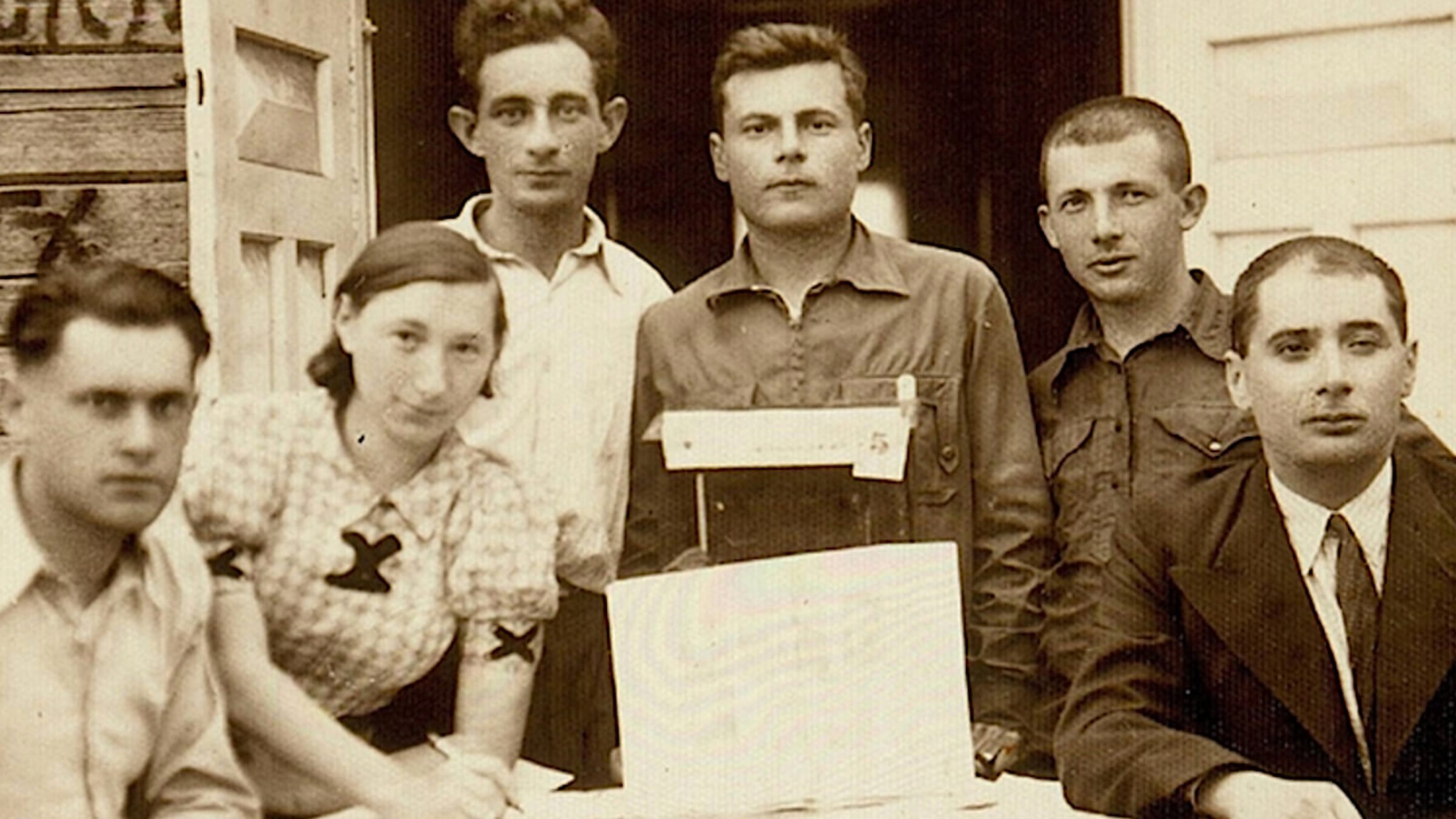Three books on Yiddish-related themes win National Jewish Book Awards
Among the winners: Kenneth Moss’ retelling of Polish Jewish history, focusing on the painful trade-offs Jews were forced to make.

Photo by Harvard University Press
The Jewish Book Council has announced the winners and finalists of the National Jewish Book Awards for 2023. Among them were several that deftly researched Yiddish sources.
Kenneth B. Moss won in the history category for his work, An Unchosen People: Jewish Political Reckoning in Interwar Poland. Most scholars have focused on the ideals and creative political activity of the Jews in Poland. Moss explores a much darker tradition. He writes about the painful tradeoffs Jews were forced to make amid a harrowing political reality. Polish Jewry, he claims, is a true example of the minority experience endemic to the nation-state.
Another winner was Miriam Ruth Black’s novel Shayna, in the Book Club category. Black tells the story of a teenager who escapes the Cossacks in early 20th century Ukraine and immigrates to the United States. The novel is steeped in the Yiddish culture of the shtetl and the Lower East Side of New York in the early 20th century.
American Shtetl: The Making of Kiryas Joel, a Hasidic Village in Upstate New York won in the American Jewish Studies category. The book by legal scholar Nomi M. Stolzenberg and historian David N. Myers (reviewed here by the Forward), profiles the fast-growing, Yiddish-speaking Satmar enclave. In their view the village is “a fascinating manifestation of American identity politics.” It also details the various legal battles that accompanied the town’s growth. These often led to violent confrontations involving church-state issues and control over the town’s religious institutions.
The left-wing Jewish community in interwar France
There were two Yiddish-related finalists for the Writing Based on Archival Material category. One was Nick Underwood’s Yiddish Paris: Staging Nation and Community in Interwar France. The book documents how left-wing Jews created cultural institutions in interwar Paris, including the French branch of YIVO.
The second finalist was Beyond Zion: The Jewish Territorialist Movement by Laura Almagor. Her book explores the history of the Jewish Territorialist Movement, a breakaway of the mainstream Zionist movement. In it she describes the Territorialists’ quest to resettle Jews from Europe wherever they could find land to do so. This included plans to create Yiddish-speaking settlements in Uganda and Madagascar.
Women Writing Jewish Modernity, 1919 – 1939 by Allison Schachter was a finalist for the Women’s Studies category. The book looks at how female Jewish prose writers like Yiddish author Fradl Shtok challenged the patriarchal norms of the Jewish world, using literary modernism.
Honey Cake & Latkes: Recipes from the Old World by the Auschwitz-Birkenau Survivors was a finalist for Food Writing and Cookbooks. It includes not only the survivors’ heirloom recipes but also their pre-war recollections and post-liberation memories.
How the Soviet Jew Was Made by Sasha Senderovich was a finalist in the Modern Jewish Thought and Experience category. Senderovich makes a compelling case for the importance of still underread, underappreciated early twentieth-century Yiddish novelists David Bergelson and Moyshe Kulbak. He does so by exploring Bergelson’s novel Mides-hadin (Judgment), and Moyshe Kulbak’s two-volume portrait of a Jewish family, Zelmenyaner. Notably, he discusses the tension in both books between shtetl life and the Soviet dream of a proletariat paradise.
The winners of the 72nd National Jewish Book Awards will be honored on Wednesday March 1 at 6:30 PM ET at an in-person ceremony at Bohemian National Hall in New York City.
A message from our CEO & publisher Rachel Fishman Feddersen
I hope you appreciated this article. Before you go, I’d like to ask you to please support the Forward’s award-winning, nonprofit journalism during this critical time.
At a time when other newsrooms are closing or cutting back, the Forward has removed its paywall and invested additional resources to report on the ground from Israel and around the U.S. on the impact of the war, rising antisemitism and polarized discourse.
Readers like you make it all possible. Support our work by becoming a Forward Member and connect with our journalism and your community.
— Rachel Fishman Feddersen, Publisher and CEO